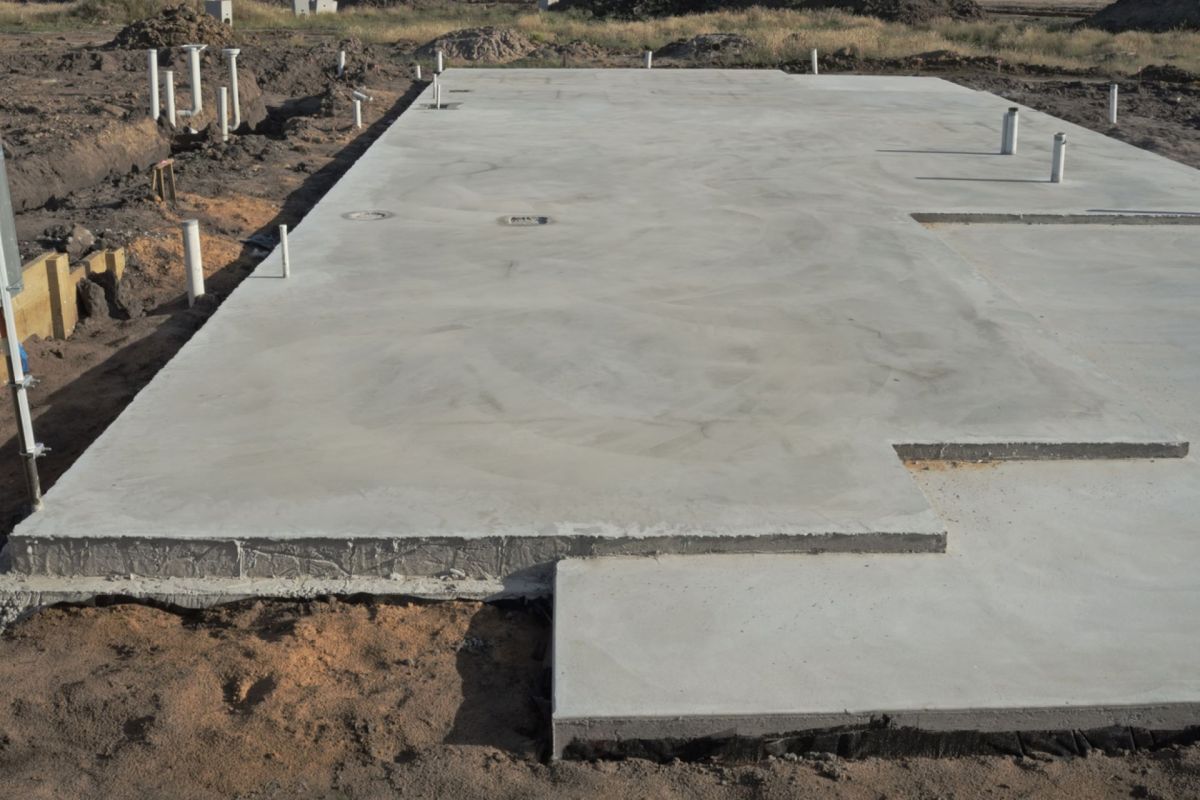Thanks to funding from Jakarta waste-management company Awina, researchers at Japan's University of Kitakyushu were reportedly able to build a first-of-its-kind house with an unlikely material, potentially offering a solution to eliminate substantial amounts of plastic pollution.
Elissa Welle of the weekly scientific journal Nature reported that the home in question, which was constructed in Indonesia, mixed old diapers into concrete to create a single-story building roughly the size of two-and-a-half parking spots.
"It's all about the resource availability. With the growth of the population, the diaper waste will also grow. It's challenging, so we thought that this would be a part of our contribution to recycling this waste," said Siswanti Zuraida, a civil engineer at the university.

After months of experimenting, researchers found that the shredded diapers could sub in for up to 40% of the sand typically used in concrete, with architectural design an important consideration to ensure the building was strong enough.
The diapers made up about 8% of the material overall in the prototype.
While taller houses needed to utilize fewer diapers in the concrete mixture for safety reasons, per Welle, repurposing the waste at any level could positively impact the fortunes of our environment.
According to the United Nations Environment Programme, "the equivalent of 2,000 garbage trucks full of plastic are dumped into the world's oceans, rivers, and lakes" each day, and single-use diapers are "one of the biggest contributors to plastic waste globally."
With the world's population projected to grow by billions over the next 30 years, there could be an influx of disposable diapers, which stay in the environment long after they are thrown away because they are non-biodegradable.
Animals that encounter plastic may ingest it after mistaking it for food, which can lead to starvation, while the toxicity of microplastics to both animals and humans is an ongoing concern still under review by scientists.
While this method offers promise for the future, there's no word on when it could be used to build houses on a wider scale. Infrastructure, which varies from country to country, is one item that will ultimately need to be taken into account.
"There's no supporting system in the municipal waste management to separate diapers," Zuraida told Welle of Indonesia. "Plastic bottles they separate right now because they recycle fairly easily, but the diapers usually go into the incineration process."
Join our free newsletter for weekly updates on the coolest innovations improving our lives and saving our planet.









